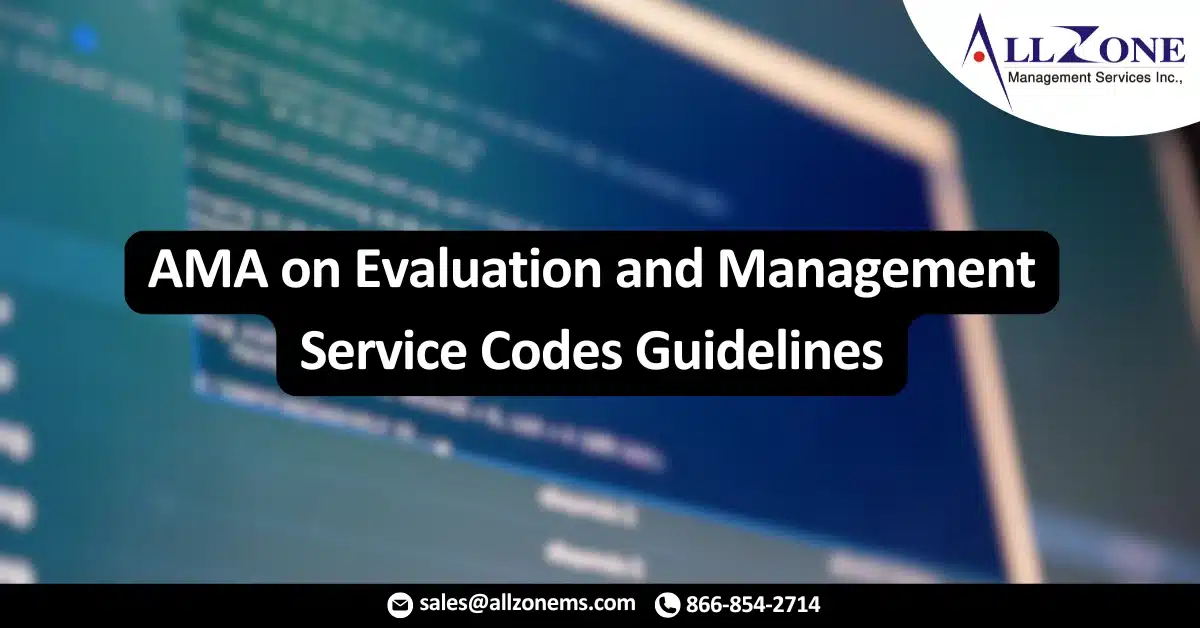Medical coders who were unsure what documentation non-Medicare payers would expect in light of the Patients Over Paperwork Initiative now have more to go on. The initiative reduced documentation requirements for outpatient evaluation and management service codes (CPT® 99201-99215) provided to Medicare Part B patients beginning in 2021. The Centers for Medicare & Medicaid Services (CMS) indicated in their initiative that, although […]
In Part One of this two-part article exploring the implications of MACRA for healthcare providers, healthcare leaders and health IT experts discuss why it’s critical for clinicians to think strategically, rather than tactically, about MACRA compliance. Numerous industry surveys have highlighted that U.S. physicians, by and large, remain unprepared for managing and executing Medicare Access […]
Data was big in revenue cycle challenges long before “Big Data” was a buzzword. The same goes for the challenges that come with it. For years, revenue cycle challenges for leaders have looked for answers to common hurdles like missing or incorrect charges, payment file problems, and data transfer timing delays. Big Data and advanced […]
Healthcare is a top priority for American voters and there aren’t dramatic differences by ideology, according to a new survey. Adopted from the marketing industry, customer segmentation allows health systems to further customize the patient financial experience and help them get paid. Key Takeaways Tailor billing strategies and patient payment options to a financial situation […]
For many healthcare providers, claim denials are a frustrating cost of doing business. Each year, around 5-10% of medical billing claims are rejected (possibly more). With each claim costing around $25 to rework, providers lose billions in eroded revenue and productivity. Any revenue leakage is bad enough, but the shift towards value-based care means tighter revenue cycle management […]
Clinical denials are a fact of life for hospitals. Providers must contend with a number of government audits conducted by several different organizations. On the private payer side, hospitals must comply with complex approval processes related to prior authorizations, admission status and medical necessity. At Becker’s Hospital Review’s 10th Annual Meeting in Chicago, R1 RCM hosted a […]
To remain fiscally viable, hospitals and health systems must ensure reimbursement is collected properly and in a timely fashion. Healthcare’s “perfect storm” — the ever-increasing cost of care paired with the complexity of technology and rising expenses — has intensified this pressure, according to David Millen, vice president of information technology and digital transformation at […]
The accelerating challenge around patient needs’ calls for new technology and automation, but on a personal level. As hospitals turn to technology to overhaul the patient experience and improve profits, a range of vendors are bringing new products and outsourced services to meet that demand with artificial intelligence, data analytics and natural language processing as […]
Pain management during the global period of a procedure, if related to that procedure, is not separately reportable. If a provider other than the operating provider performs follow-up care, you must be careful to avoid “unbundling” of that follow-up care. The global period, or global surgical package, bundles all care typically related to surgical service into a […]
Denied claims are one of physicians’ chief complaints when it comes to dealing with payers. To a certain extent, every practice deals with claim denials. It’s those practices that eliminate the most common reasons that experience a smoother revenue cycle and find greater financial success. News Brief A capitation payment model results in better value […]










